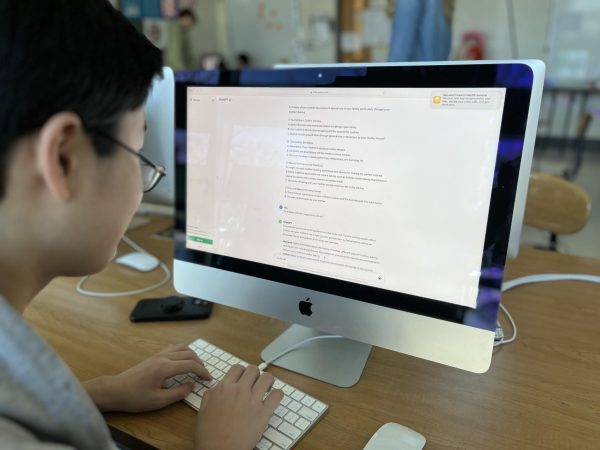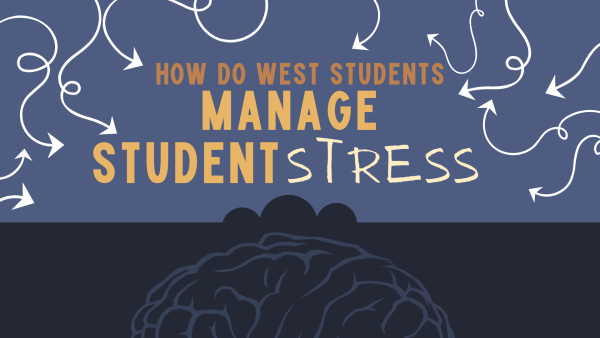In Defense of Chromebooks
September 17, 2017
More than a month into the school year, West has adjusted to the huge technology change announced at the end of last year: the introduction of Chromebooks. Going one-to-one has fundamentally changed the way classrooms operate and the advantages of this new system are clear. No longer do students need to lug around heavy textbooks and stacks of crumpled papers in sagging backpacks, milling around hunched-back in the halls. With the advent of access to personal laptops at West, scattered papers and books are all gathered in one centralized, easy-to-access place. (Which, as a bonus, happens to include a sexy and convenient built-in handle!) Canvas has been incredibly helpful as an organizational tool and knowing that all the documents necessary for class can be found in one place makes missing a day of school far less stressful.
Incorporating Chromebooks into the West High education system seems like a logical next step
Personal access to technology in education will only become more prevalent and as it inevitably becomes an integral part of our daily lives, incorporating Chromebooks into the West High education system seems like a logical next step. Consider this your introduction into the real world. In addition, new doors are being opened for teachers in terms of different lessons and teaching styles. There is now a versatile array of interactive programs that can be used to force students to engage in class, from Canvas discussions to instant-feedback quizzes. Although the system clearly hasn’t been perfectly integrated yet, the potential for new options beyond Kahoot and its annoying theme song is an exciting concept.
Chromebooks provide an unprecedented level of access to information both inside and outside of the classroom, especially for those without personal computers. Not only is the district providing students with a platform for internet access, but it is also offering to setup hotspots for students who don’t have Wifi at home. This is an incredible resource and opportunity for limited-income students.
It should also be common sense that students don’t have a reasonable expectation of privacy on district computers
Yes, there are definite privacy issues. Yes, the West administration needs to quit its PR stunt of pretending to be a champion for equality in public schools. (Especially since “leveling the playing field” really means “we’ll give everyone Chromebooks but if you can’t afford a private laptop we get to spy on you.) Yet it should also be common sense that students don’t have a reasonable expectation of privacy on district computers. In the same way that we’re all aware that the desktop computers in the library and computer labs are monitored, the Chromebooks are also district property. The purpose of going one-to-one was never to give students a shiny, new laptop but to ensure that every student has a chance to access the resources they need to keep up with their coursework. For those who still had hopes for the school district to be decent enough to respect students’ privacy, having these laptops as a new educational tool can probably help you better develop those basic critical thinking skills.
Chromebooks provide access to information both inside and outside of the classroom, especially for those without personal computers
Either way, the ability to mess with whoever is monitoring your Chromebook with repeated Google searches of “Why is Gregg Shoultz such a Toby Flenderson” every hour probably makes Chromebooks worth it.













